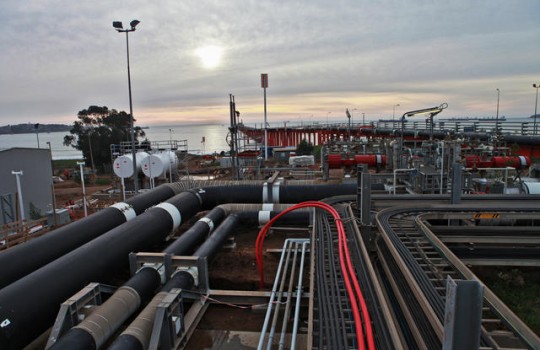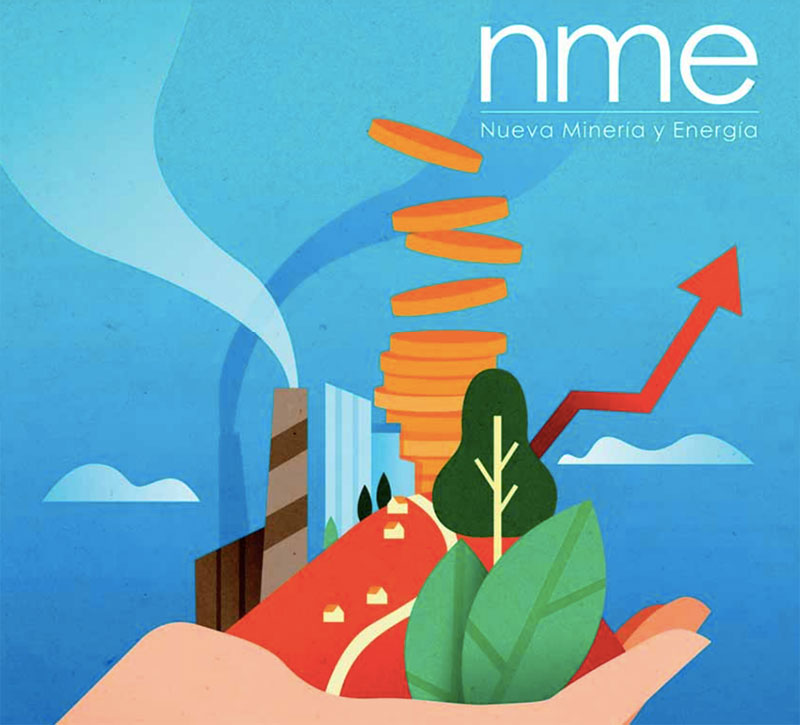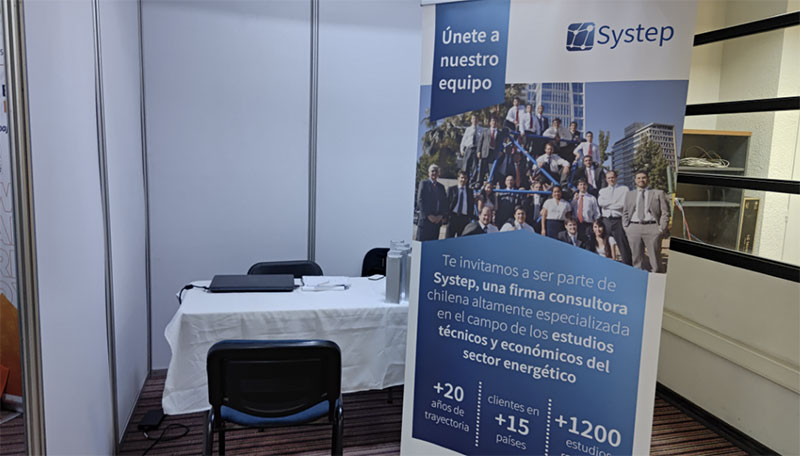
The company indicated that the commissioned analyses seek to “contribute an independent view” to the profitability review process carried out by the National Energy Commission.
Metrogas: Studies confirm that tariff policy is in accordance with current regulation
Metrogas said that two “independent” studies confirm that the company’s tariff policy is in accordance with current legislation, a few days before the official results of the “profitability check” carried out by the National Energy Commission (CNE) are released.
Through a statement, the company assured that “the Association of Natural Gas Distributors (AGN) requested a study to check the profitability of its associated companies, including Metrogas”.
“For this purpose, a study was required from the consulting firm Systep, led by Professor Hugh Rudnick, an academic who is also an advisor to the Energy Agenda promoted by the Minister of Energy, Máximo Pacheco,” the document added.
According to Metrogas, in its first installment, the study concludes that the company’s rate of return, according to the methodology considered by Systep, reached 12.9% in 2013. This view is in addition to the study already presented by Metrogas last May, which indicates that the rate of return in 2013 is 10.67%.
“It is important to consider that the calculation methodology for 2013 is the same used and reported to the authority in the profitability check processes of the years 2010, 2011, 2012,” the statement added.
According to the distribution company, the difference between the figures of the two studies is due to the methodology used to value the conversions. “While Metrogas used the methodology defined by the CNE’s ‘Manual de Cuentas’ (Resolution 717 issued by the CNE in September 2012), Systep used a different interpretation.”
Annual cost of capital rate
Similarly, the company linked to CGE explained that the Decree with Force of Law (DFL) 323 on gas services, in its article 31, indicates that the Court for the Defense of Free Competition (TDLC) may issue a resolution to the Ministry of Energy requesting the tariff fixing in the event that at least it is demonstrated that the concessionaire company for the public gas distribution service obtains an economic rate of return 5% higher than the annual cost of capital rate.
“In addition, Article 32 of DFL 323 defines that the annual cost of capital rate ‘may not be less than 6%’,” he added.
In relation to the annual cost of capital rate, another study – carried out by the consulting firm Ernst&Young – stated that Metrogas’ annual cost of capital rate for 2013 was between 6.8% and 8.1%.
Therefore, “adding the 5 percentage points defined by law, Metrogas’ profitability range for 2013 is between 11.8% and 13.1%”, according to the company.
Thus, the result “shows that the profitability of Metrogas is 12.9% -according to the Systep study- and 10.67% -according to Metrogas-, which is fully in line with the profitability band established by law during 2013, so there is no need to regulate tariffs”.
The general manager of Metrogas, Víctor Turpaud, said “it is important to keep in mind that any differences with technical studies carried out by the Ministry of Energy are part of an institutional process of checking profitability”.
“As a company, we believe it is necessary for the current discussion to include as many technical and expert views on the matter as possible, in a sense of public-private cooperation, being faithful to our history. This background information will be presented to the Court for the Defense of Free Competition at the appropriate time”, he added.
Finally, Metrogas expressed that “it is in favor of a sustainable regulation that encourages investment, ensures competition in the energy market and fills all the legal gaps that may exist in the current regulatory framework. This, in order to safeguard the development of an industry that has generated important economic and environmental benefits”.





